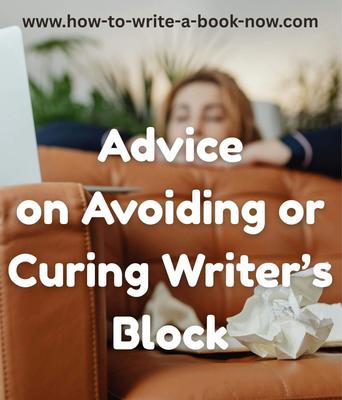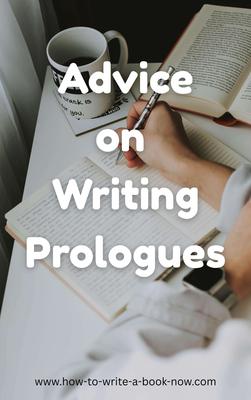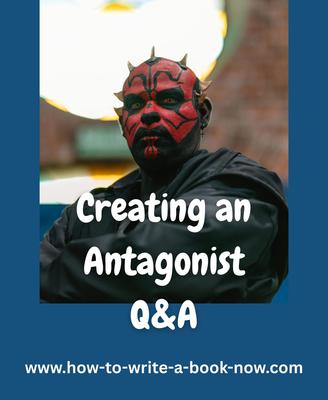Where to End Part 1
by Liza
I asked the question re: different POVs for Part 1 and Part 2. On a slightly related note, I'm not absolutely certain where to end Part 1 of the book.
Note, that when the two characters meet up again in Part 2, I don't want either of them or the readers to know what happened to them much after the tragic event, which is the climax of Part 1. Part 2 is going to be all about slow revelations.
Given that, can I end Part 1 immediately following the tragic event? Without any hint of how the characters were affected by it? Or would it be better to allow for some kind of resolution and have another scene or chapter dealing with the immediate after-effects, while still allowing for a bit of mystery?
Thanks again for your advice.
Answer: Hi Liza,
The general principle is to leave the reader wanting more.
If you think of the structure of any dramatic event as...
setup --> complication --> crisis --> resolution
... what you have to bear in mind is that most resolutions are not "endings" but points where the story changes direction.
For instance, taking a story as a whole, the plot usually begins with something that disturbs the world order -- a new motivation is unleashed, an injustice or imbalance is created, or perhaps a new threat arises. So that is a change in direction. The ultimate resolution changes the direction
The plot consists of a series of smaller events, and the resolution of each smaller event sends the story/characters in a new direction. The only difference is that these resolutions should make the reader curious to see what happens next, whereas the final resolution leaves the reader satisfied that all is balanced properly.
When you're dividing a story in two, the logical place to do so is at the end of act two, where everything has become complicated. The 3rd driver (at the end of act two) should be an event that will leave the reader wondering what on earth these characters will do to resolve the problem -- and it should be clear that they need to move in a new direction. I'm guessing this is your tragic event. You might consider that the resolution or outcome of that event is the character(s)'s decision to undertake a new direction.
The "mystery" (actually suspense) is "How will he/she/they manage it?" The answer, I'm guessing, is that in act three they will start uncovering all the information they need to bring the story to a crisis.
It's also possible to divide a story between acts 1 and 2, or between acts 3 and 4.
Hope that helps.
Comments for Where to End Part 1
|
||
|
||
|
||
|
||
- Home
- Plot Questions
- Where to End Part 1















